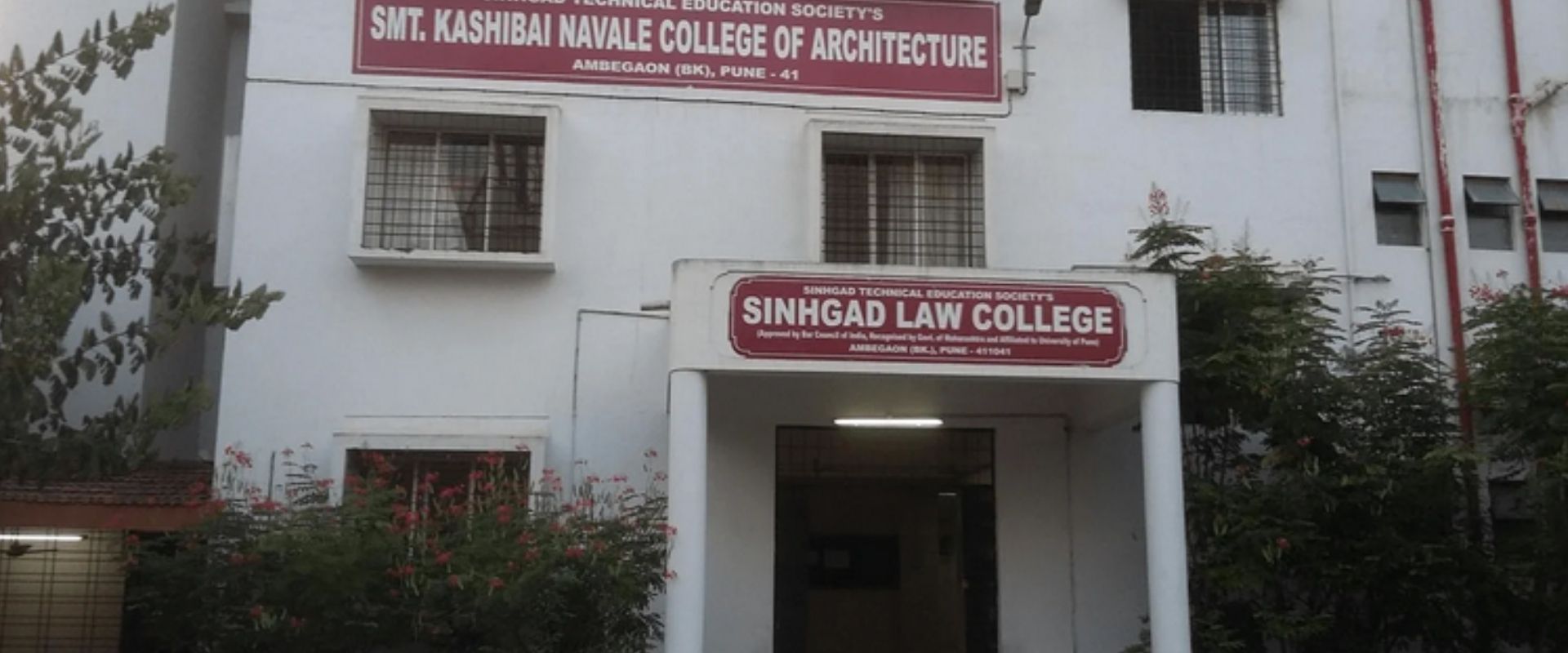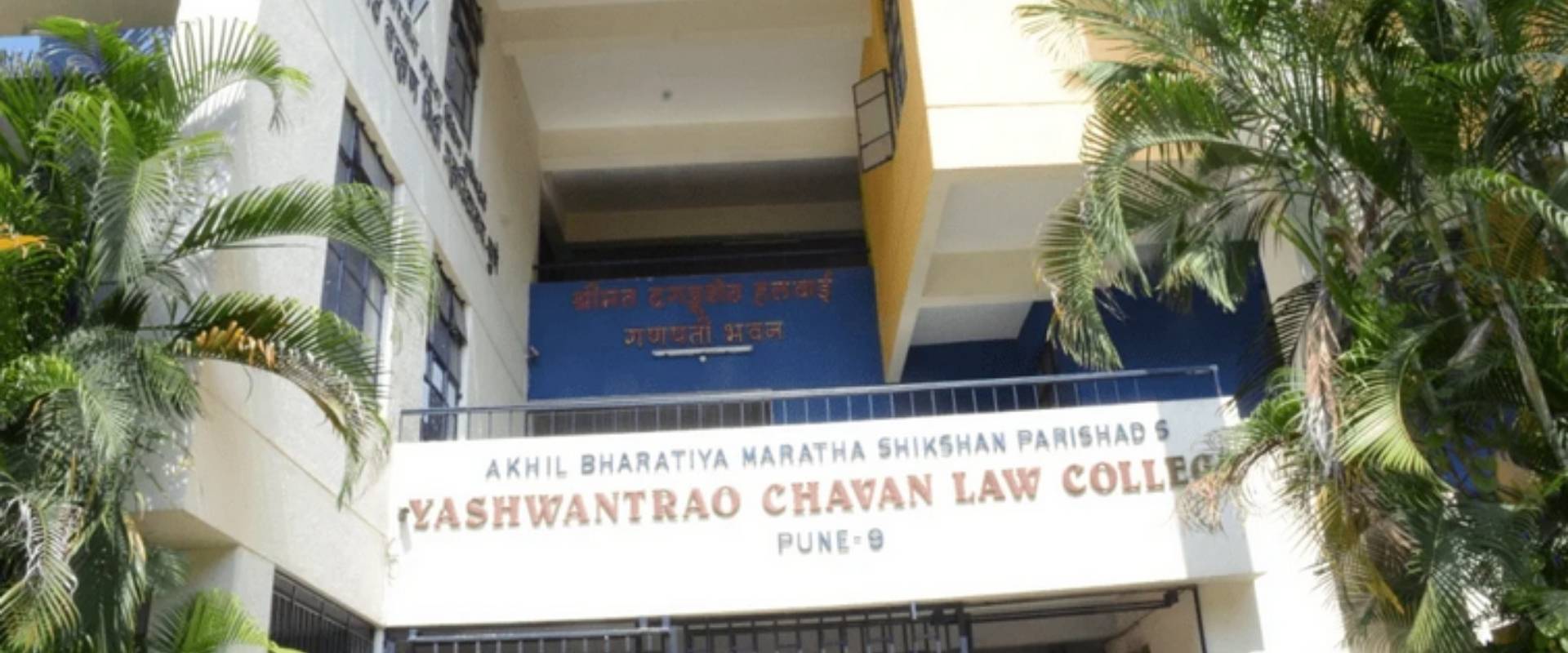

LAW Admission in Pune Without Entrance Exam
For students aspiring to pursue a legal education in Pune without the hassle of an entrance exam, there are avenues available that streamline the admission process. While the concept of direct admission without an entrance exam is not as prevalent in law colleges as it is in some MBA institutions, there are still options to consider. Typically, private law colleges may offer direct admission routes, although they often come with certain conditions. Unlike the straightforward process of direct admission in some MBA colleges, direct admission to law colleges may involve additional steps. Some colleges might require students to fill out application forms or undergo a selection process to secure their spot. However, this doesn’t necessarily mean facing a grueling entrance exam; rather, it could involve submitting relevant documents and possibly attending an interview.
Private law colleges sometimes reserve seats for management quota students, providing another pathway for direct admission. It’s important for students to ensure that the colleges they’re considering are affiliated with regulatory bodies like the UGC or AICTE, ensuring the legitimacy and quality of the education provided.
Interested in Direct Admission in India?
Get Direct Admission in India’s Top Universities / College.
Get In Touch
Eligibility criteria for admission to law colleges may vary, with some institutions requiring a minimum percentage in undergraduate studies, typically around 50% or 45%, depending on the student’s caste category. However, these requirements can differ from one college to another, so it’s essential for students to verify the specific criteria of each institution.
Law, like business management, offers a plethora of opportunities for graduates. Whether pursuing a traditional LLB degree or an integrated BA.LLB program, students from diverse academic backgrounds can venture into legal studies. Similar to MBA programs, where students from any stream can enroll, law colleges welcome candidates from various disciplines.
In conclusion, while direct admission without an entrance exam might not be as common in law colleges as it is in some MBA institutions, there are still pathways available for aspiring law students in Pune. By researching and understanding the admission processes of different colleges, students can navigate their way towards securing admission and embarking on a rewarding journey in the field of law.
Applying to Law Colleges in Pune Without Entrance Exams
- Recognize the different entrance exams available for law admissions, such as CLAT (Common Law Admission Test), LSAT, and AMITY, which are often required for National Law Universities.
- For admission to law colleges specifically in Pune, candidates should opt for the MH-CET exam. This exam is the key for getting into government and semi-government colleges under Pune University.
- Complete the MH-CET form with accurate personal information, including your name, address, educational qualifications, and contact details such as phone number and email address.
- Be aware that private law colleges in Pune may have their own entrance tests. In addition to the MH-CET form, candidates must also fill out separate application forms for private colleges.
- Recognize that colleges under Pune University are affiliated with the Maharashtra government. This affiliation ensures the credibility and quality of education provided by these institutions.
- Pune University has earned a strong reputation in the field of legal studies. Considering the quality of education offered, it's highly recommended to pursue admission in colleges affiliated with Pune University.
- Ensure that you fill out the MH-CET form to secure admission in semi-government colleges affiliated with Pune University. This form is essential for accessing these institutions.
Top Law Colleges In Pune
- Symbiosis Law School (SLS), Pune.
- Programs Offered: BA LLB (Hons), BBA LLB (Hons), LLM, PhD in Law.
- Affiliation: Symbiosis International University.
- Bharati Vidyapeeth New Law College, Pune.
- Programs Offered: LLB, BA LLB, BBA LLB, LLM, PhD in Law.
- ILS Law College, Pune.
- Programs Offered: LLB, BSL LLB (Integrated), LLM, Diploma courses.
- Address: Law College Road, Chiplunkar Road, Pune - 411004.
- DES Shri Navalmal Firodia Law College, Pune.
- Programs Offered: LLB, BA LLB, LLM.
- Accreditation: Approved by the Bar Council of India (BCI)
Eligibility For Law Colleges
- Candidates must have completed their intermediate (10+2) education from a recognized board.
- For candidates outside of Maharashtra, a minimum of 45% aggregate marks in the intermediate examination is generally required.
- In Maharashtra, the minimum percentage required for the general category is also 45%, while for reserved categories, it may vary, usually around 42%.
- Candidates are required to fill the MH-CET (Maharashtra Common Entrance Test) form and clear the examination.
- MH-CET is often the qualifying entrance exam for admission to law colleges in Pune, particularly those affiliated with Maharashtra state universities.
- Generally, there is no specific age limit for admission to undergraduate law programs, but candidates must meet the age criteria specified by the respective colleges or universities.
- Candidates must adhere to any additional requirements specified by the individual law colleges, such as proficiency in English and good communication skills.
Required Documents For Admission In Law Colleges.
- Mark sheets and passing certificates of 10th and 12th grades (or equivalent).
- Graduation mark sheets and degree certificate (for postgraduate programs like LLM).
- Transfer certificate or migration certificate from the previously attended institution.
- Scorecard of the entrance exam required for admission, such as CLAT, MH-CET, LSAT, etc.
- Aadhar card, PAN card, passport, or any other government-issued identity proof.
- Recent passport size photographs (usually 2-4 copies).
- Caste certificate (SC/ST/OBC) issued by a competent authority, if applying under reserved category.
- Physically Disabled (PwD) certificate, if applicable.
- Domicile certificate, if required by the college or university for claiming state quota seats.
- Character certificate issued by the last attended institution or a gazetted officer.
- Residential proof such as ration card, electricity bill, or driving license.
